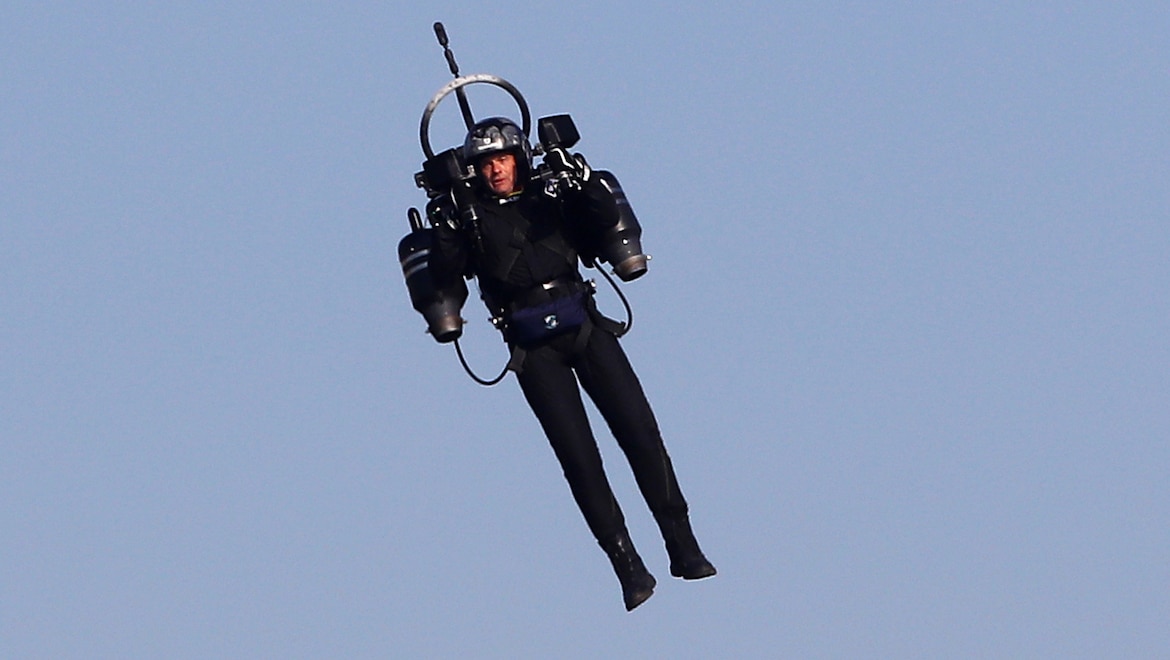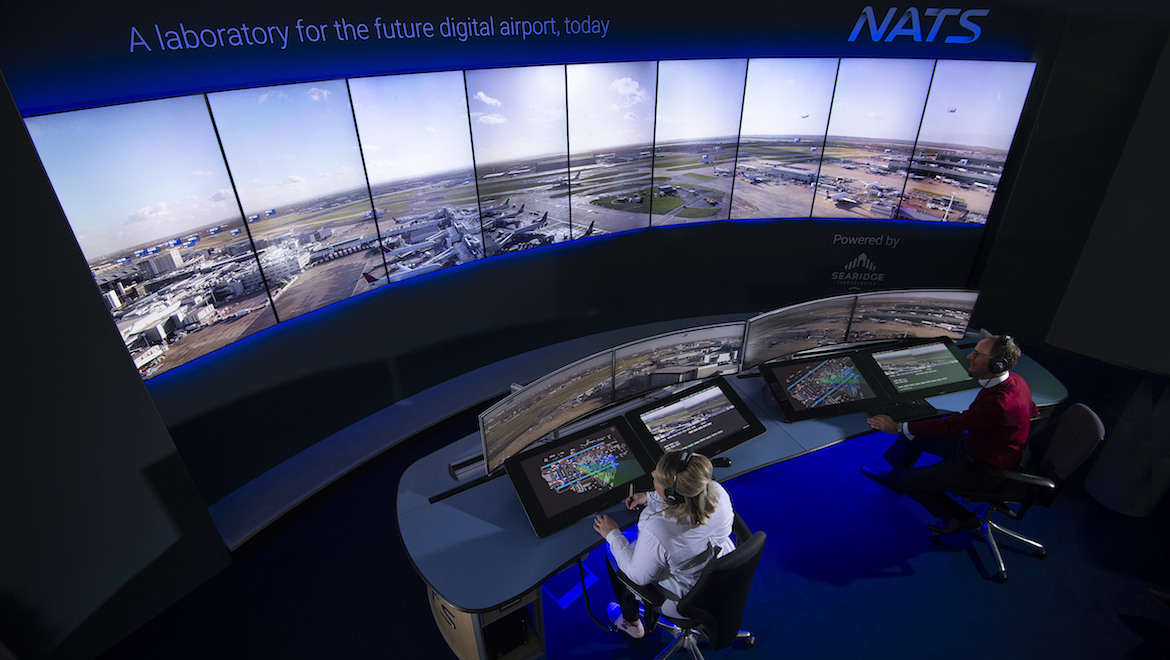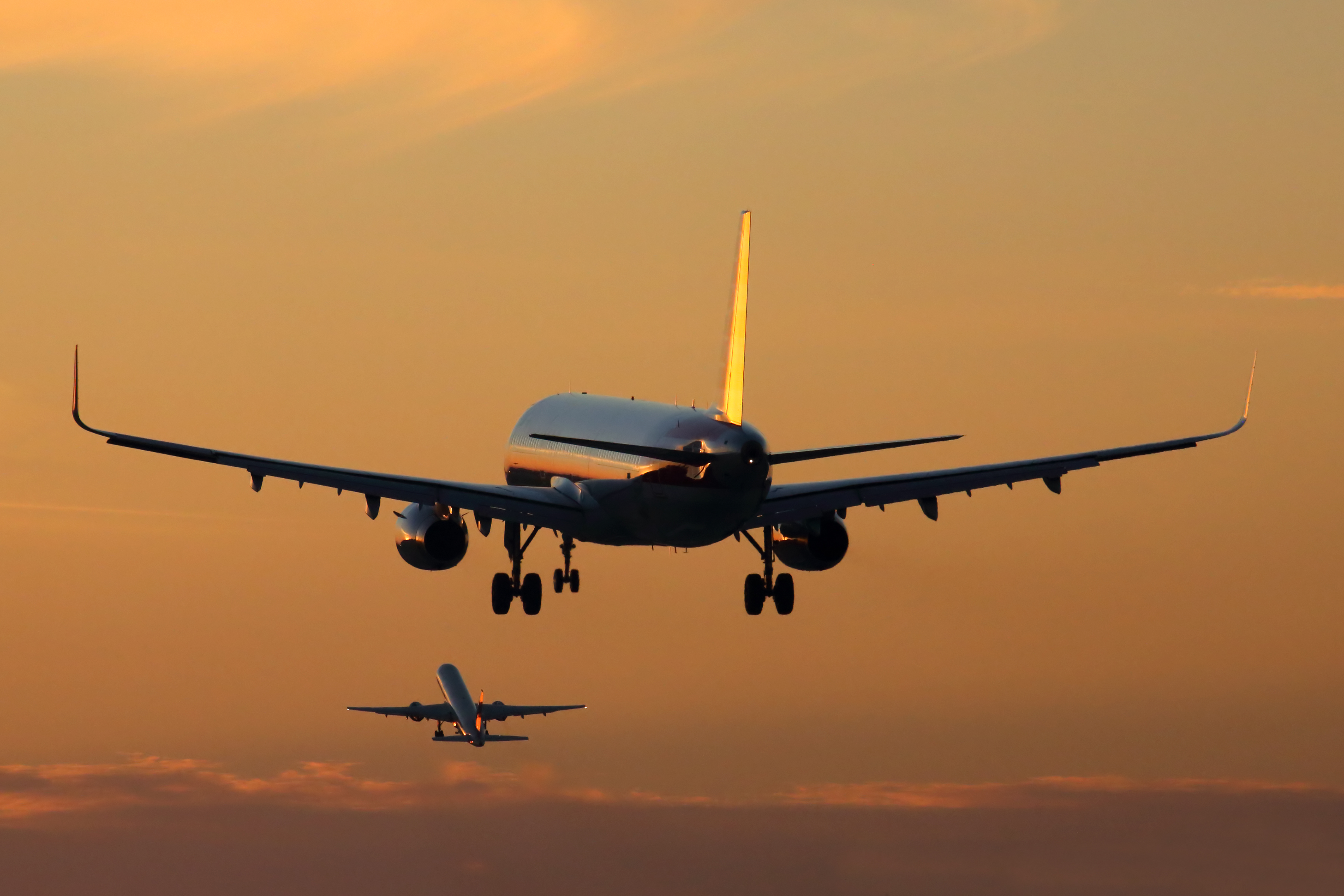Australia’s air navigation services provider says keeping aircraft on the ground at departure rather than having flights enter holding patterns prior to arrival has reduced airborne delays as well as lowered fuel consumption and CO2 emissions.
The findings are in report prepared by PwC and commissioned by Airservices that looked at the Metron Harmony system, which seeks to minimise the delays enroute by keeping aircraft at the departure gate and reducing congestion in the air.
The report found Metron Harmony, which was introduced at Brisbane, Melbourne and Sydney airports in 2012 and later at Melbourne in 2014, helped save about 8,700 hours of airborne delay time, or about 1.1 minutes per flight arriving at airports which were using the system. The report forecast the reduction in airborne delay would rise to 1.3 minutes per flight by 2022.
For the airlines, this represented an annual fuel cost saving of $18.2 million in 2014 and a projected saving of $37.3 million by 2022.
Moreover, there was also 54.1 million kilograms less CO2 projected into the atmosphere in 2014 due to reduced airborne delay, the report said, with the figure estimated to rise to 102.3 kilograms by 2022.
These results provide support for the continued rollout of Metron across domestic airports, in agreement with the positive feedback received from stakeholders,” the PwC report said.
“Through enhanced integration and compliance, leading to more efficient decisions on capacity allocation, it is likely that the benefits realised from the investment will increase further.”
Airservices said minimising aircraft holding through the Metron Harmony system also improved safety as reduced air traffic congestion helped reduce the workload on air traffic controllers.
“Airservices is pleased with the benefits being delivered by the new Metron Harmony system and we also acknowledge the importance of airport scheduling systems and cross industry collaboration in driving efficiency at an airport level,” Airservices executive general manager of air traffic control Greg Hood said in a statement on Monday.
“We look forward to continuing to work together to drive further efficiencies where it’s possible and without impacting safety.”
The report noted “anecdotal evidence from industry consultation participants outlined that total delays have increased as a result of Metron”.
However, the system still yielded a benefit.
“These results show that even if Metron increased ground delay more than it saved in airborne delay, this would reduce the net present value (NPV) of the project, but it would still remain positive and significant,” the report said.
“Based on a prudent scenario where ground delay increased by 1.2 minutes for every minute of airborne delay saved, which is broadly consistent with the anecdotal experience expressed by airlines, it was estimated that Metron had a net present value of $87.2 million over the 10-year appraisal period.”
The full report can be read here.
Meanwhile, Airservices said flights bound for Perth Airport will be required to carry 15 minutes of holding fuel following negotiations with the airport and airlines under the Airport Capacity Enhancement program. This would enable airlines to reduce their take-off weight by up to 700kg.
And a new traffic management procedure at Brisbane Airport would boost the number of movements an hour to 47, from 44 previously, and reduce the time of arrival delays from 10 to five minutes in peak periods.






